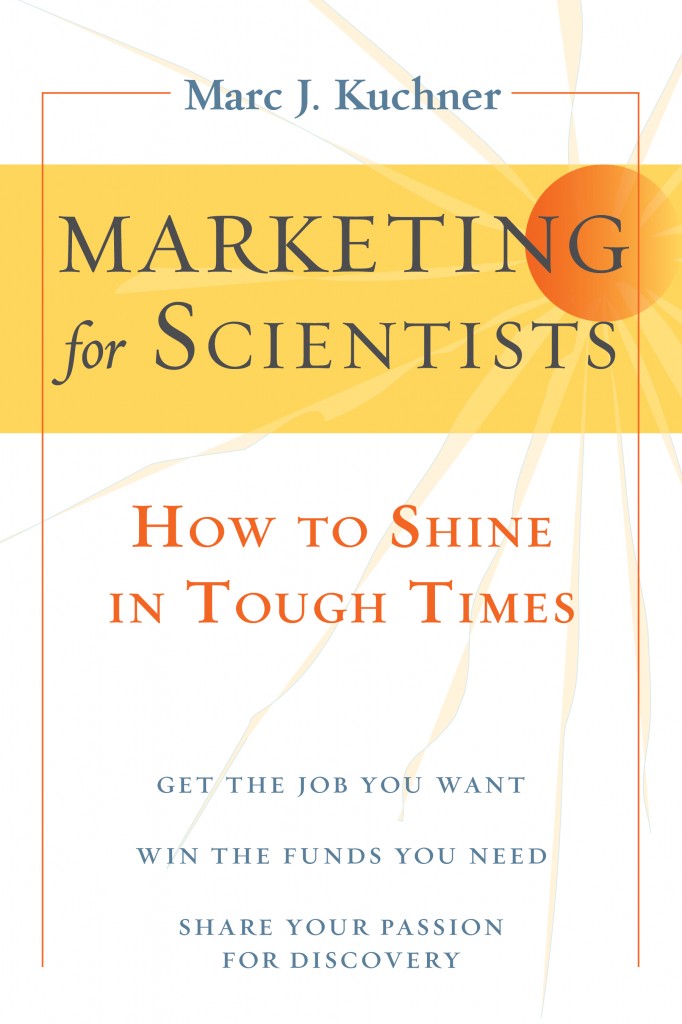Category: Marketing To Our Colleagues
-
Caregiver or Hero—Which One Are You? The Archetypal Roles of Women in Science and Academia
(Originally published in Nature.) The hero, the outlaw, the caregiver—which one of these roles do you play when you’re at work? The theory of archetypes, originated by Carl Jung, fascinates me as a way to understand works of fiction, marketing campaigns, and also the roles we play in the academic workplace. The theory explains how…
-
What Should We Wear? Advice from Scientists about Clothing and Fashion
Studies show that how we dress generally affects what people think of our personalities and capabilities. For example, women are more likely to be hired if they wear more masculine clothes to an interview (such as a dress suit). People who wear conservative clothes are seen as self-controlled and reliable, while those who wear more daring clothing…
-
What’s your Science Maturity Level?
(This article originally appeared in Nature) I went to a scientific talk the other day that seemed to leave half the audience inspired and the other half frustrated. My frustrated colleagues insisted that the speaker did not present any true “results”. However, he did make some fascinating predictions about what would be discovered ten or twenty years…
-
Interview with Image Consultant Kasey Smith: Part 2
How is a scientist supposed to dress? I posed this question in an interview with professional image consultant Kasey Smith. My last post contained the first half of our interview, where Kasey introduced herself and explained what image consultants are, and why scientists need them. Here, in the second half of the interview, are some of Kasey’s…
-
How Do Scientists Make Decisions?
The original version of this article appeared in The Scientist magazine. A group of researchers led by Stanford University neuroscientist Brian Knutson ran an experiment in 2007 to study how shoppers decide what to buy. Their discoveries startled me and left me wondering: how do scientists make decisions? Knutson’s team placed experimental subjects in front of a computer…

